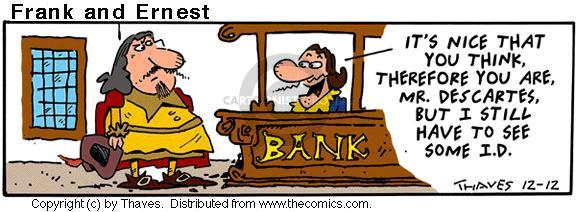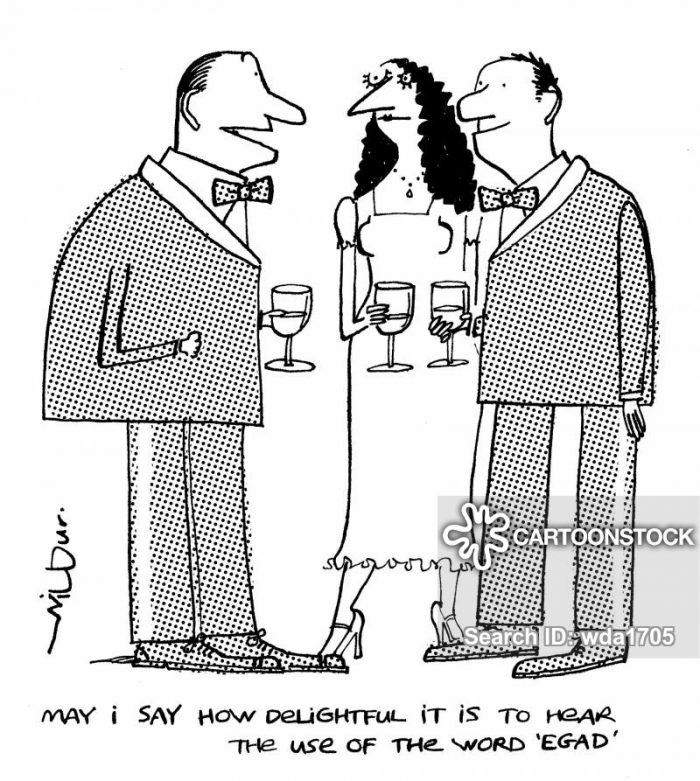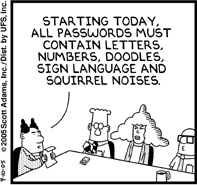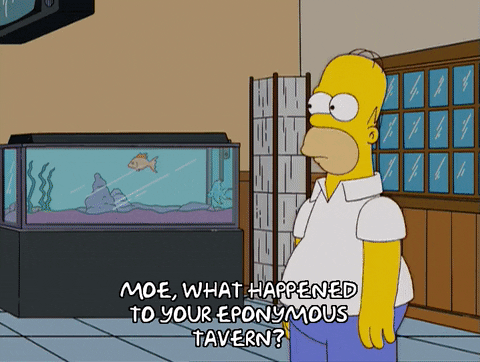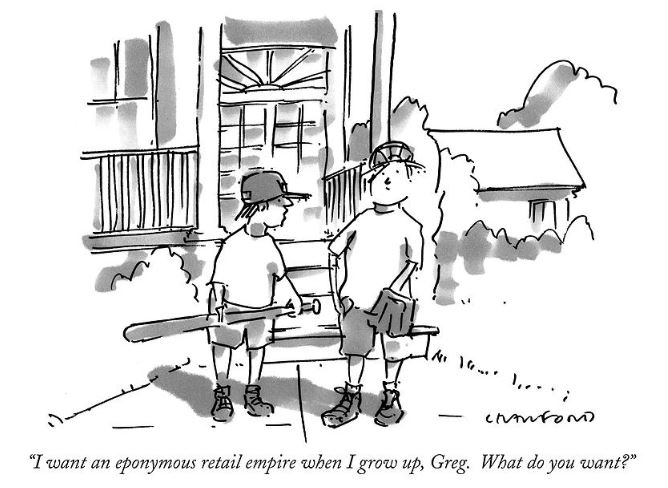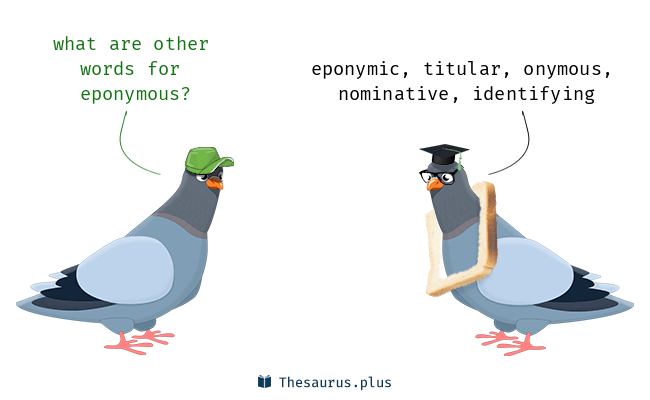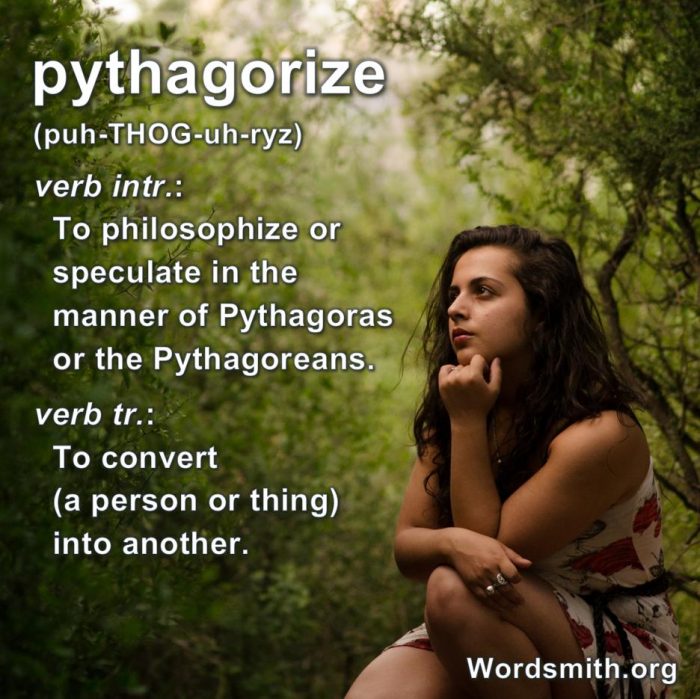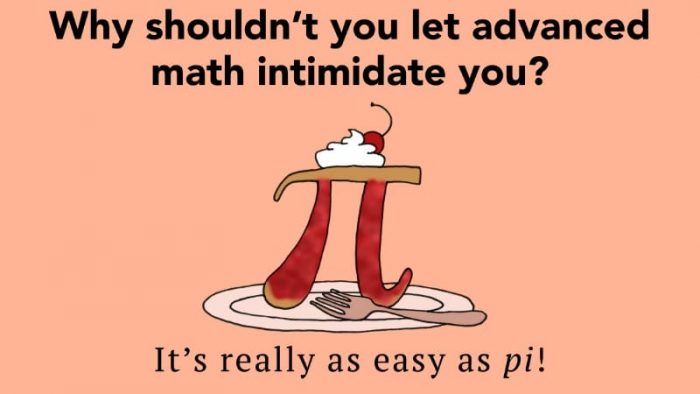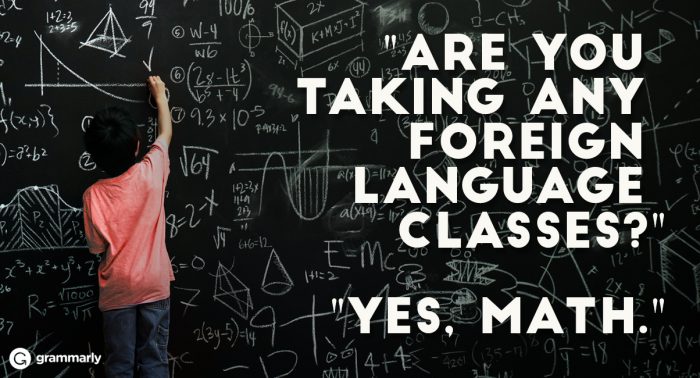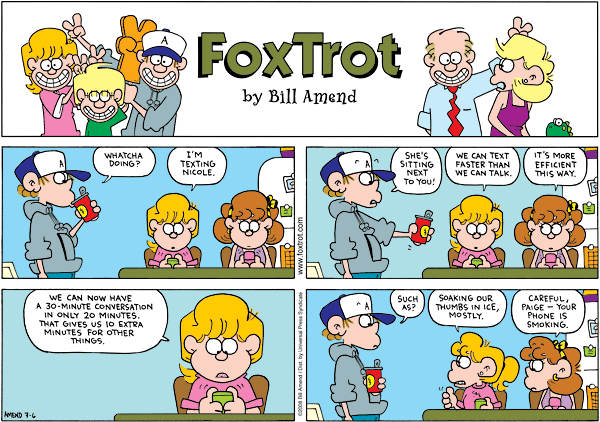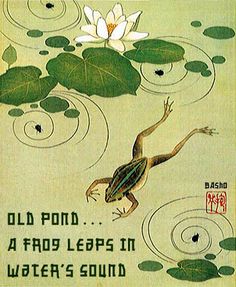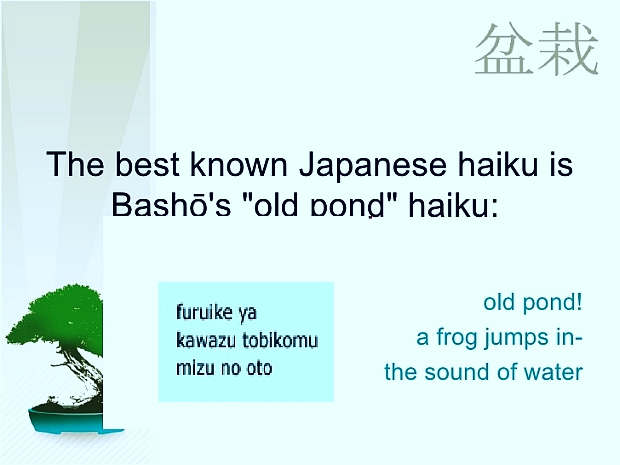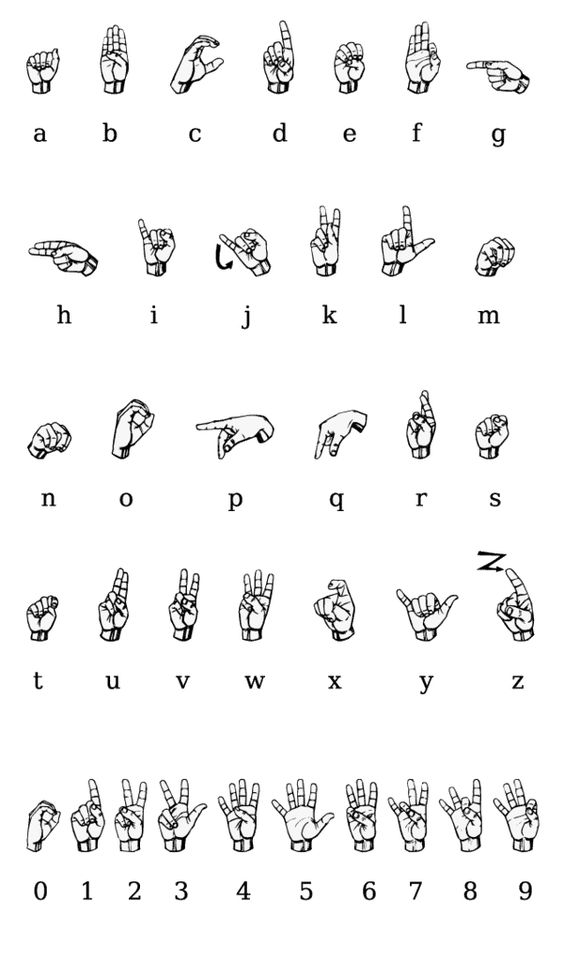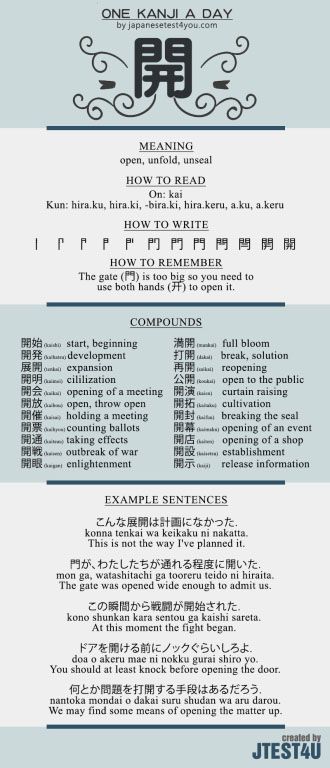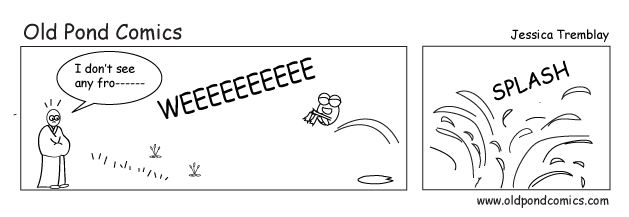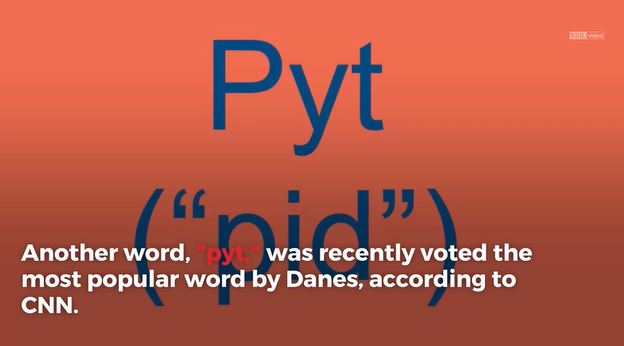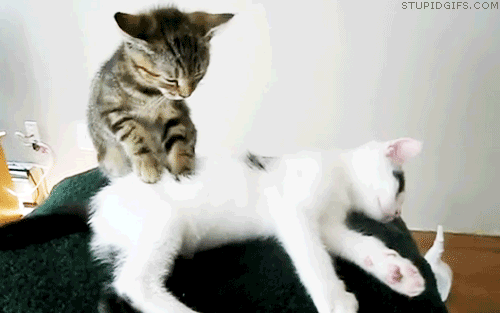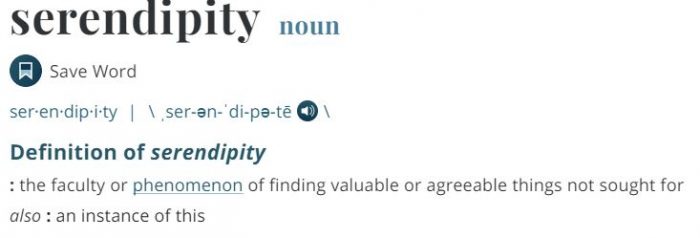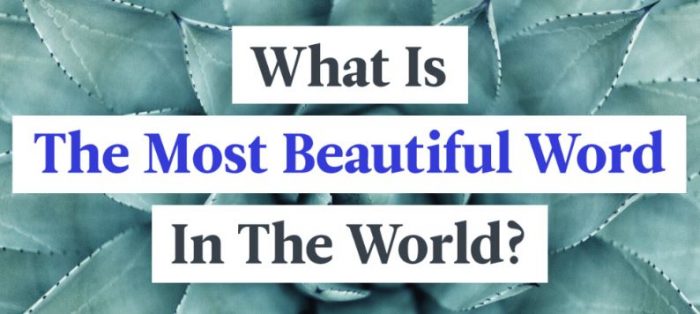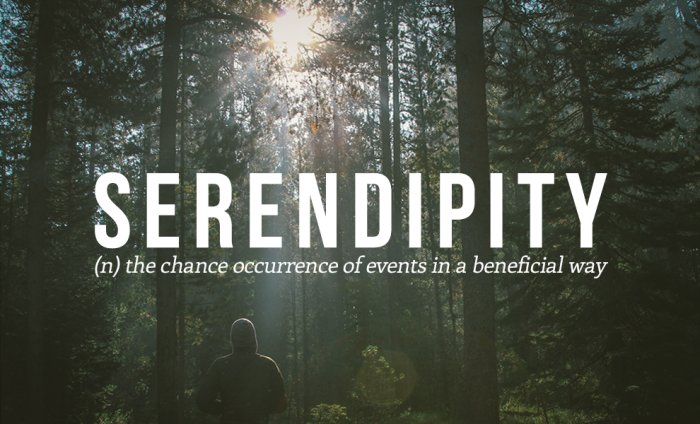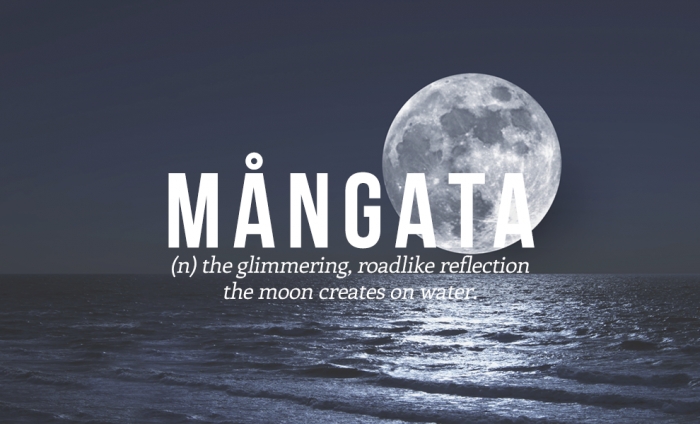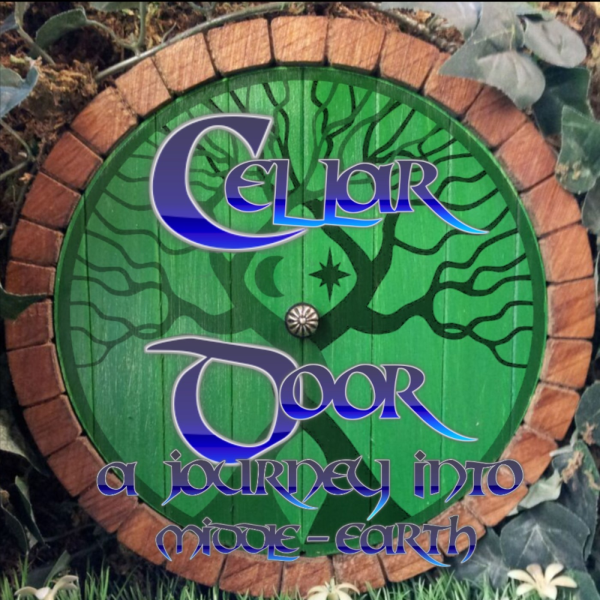Funniest Words in . . .
the English Language . . .
Grub. Yes, grub. That was the funniest word EVER for me .. in Grade 1!
I had never heard the word ‘grub‘ before and it sounded so ridiculous and … FUNNY! Oh, sure … it makes me chuckle NOW, but what are some words that really ARE funny … at least to me, now! I have posted about ‘The Funniest Languages in the World‘ but this post will be about Funny English words!
According to Wikipedia :
“Certain words have been suggested to be inherently funny. Vaudeville tradition holds that words with the letter k are funny. A 2015 study at the University of Alberta suggested that the humor of certain nonsense words can be explained by whether they seem rude, and by the property of entropy – the improbability of certain letters being used together in a word.“
Yeah, I was as surprised as you were, that there was an actual Wikipedia article about ‘Inherently Funny Words’! And turns out, there might even be a science to it!
“From whong to quingel: the science of funny words” the basic theory is that words have entropy. And ….
“Well, what they’ve found is a strong inverse correlation between funniness and a property called entropy. This is a way of expressing how usual the letters in the NW are – so the less commonly they’re used in English, the lower the total entropy of the NW. To put it another way, the less “wordy” these NWs are, the more they strike us as humorous.”
I guess it takes a research scientist to take the fun out of research, even if the research is ABOUT FUN! LOL!
To me, a word is funny because it invokes a memory of something funny, a ridiculous idea, a sound that does not sound ‘right’ or even how a person pronounces it! I actually think the word ‘ORANGE‘ is very funny! And probably because …NOTHING RHYMES WITH ‘ORANGE‘ ! Well, actually, there might be….
And guess what the following words have in common …. NONE OF THEM HAVE ANY RHYMES EITHER!
silver, purple, month, ninth, pint, wolf, opus, dangerous, marathon and discombobulate.
And sticking with the word ‘ORANGE‘ is a an interesting ‘Chicken vs Egg’ controversy … which came first … the colour or the fruit!
And don’t think that English ALONE has funny words. A future post will decribe Funny Canadian Words and Slang Phrases, a taste of which is below in a YouTube video!
Okay, going on the record, my list, in no particular order, some of my favourite funny words are:
Orange, Lollygag, Gonzo, Doozy, Malarkey, Gobbledygook, Flerken, 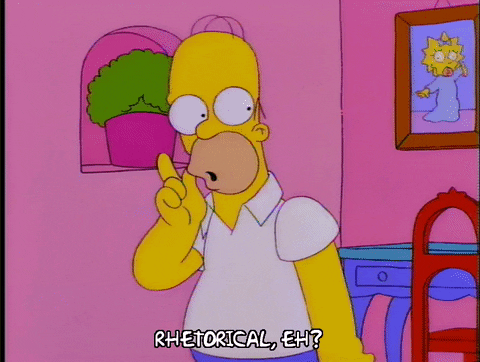 Brouhaha, Stupendous, … and of course, the most ubiquitous word in the entire English-Canadian Dictionary … “‘eh!” And the most famous Canadian political words ever spoken … Fuddle Duddle!
Brouhaha, Stupendous, … and of course, the most ubiquitous word in the entire English-Canadian Dictionary … “‘eh!” And the most famous Canadian political words ever spoken … Fuddle Duddle!
And the single greatest cartoon strip of ALL TIME is Calvin & Hobbes, which also introduced many funny and amazing words – that only a Tiger and a 6-year old would understand! There just might be future post involving Calvin & Hobbes too!
As long as there are words out there, there will be interesting topics!
ENJOY!  TTFN!
TTFN!
40 Funny Sounding
English Words
5 Funny English Words
and Their English Meanings
Weekly English Words with Alisha
Funny Sounding Words
Top Funniest Words
in the English Language
How to Speak Like a Canadian
21 Funny Canadian
Slang Words and Phrases
Funny Sounding Words
From Around the World

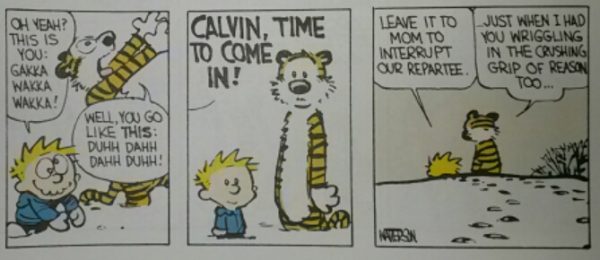
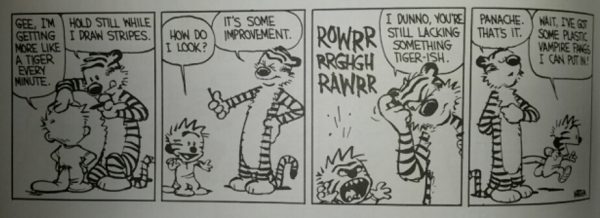
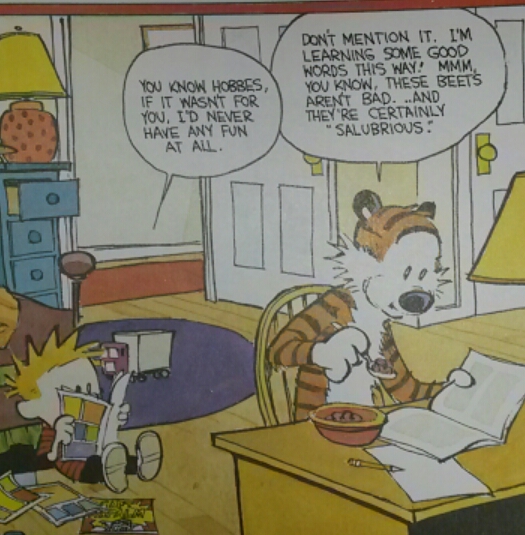


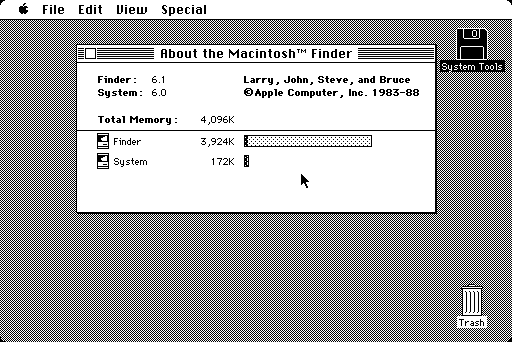
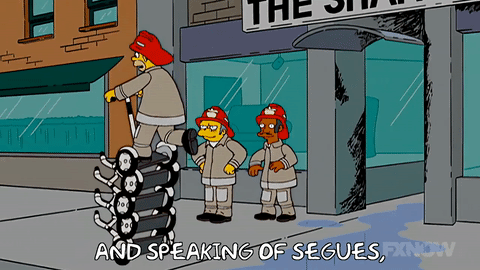 And there is my
And there is my 


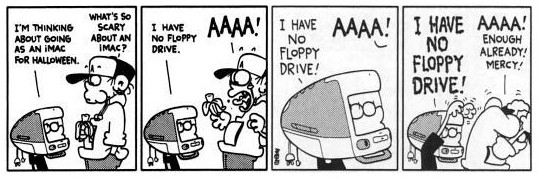


 And that makes SO much sense! Self awareness, consciousness, self-identity and the famous phrase from
And that makes SO much sense! Self awareness, consciousness, self-identity and the famous phrase from 
